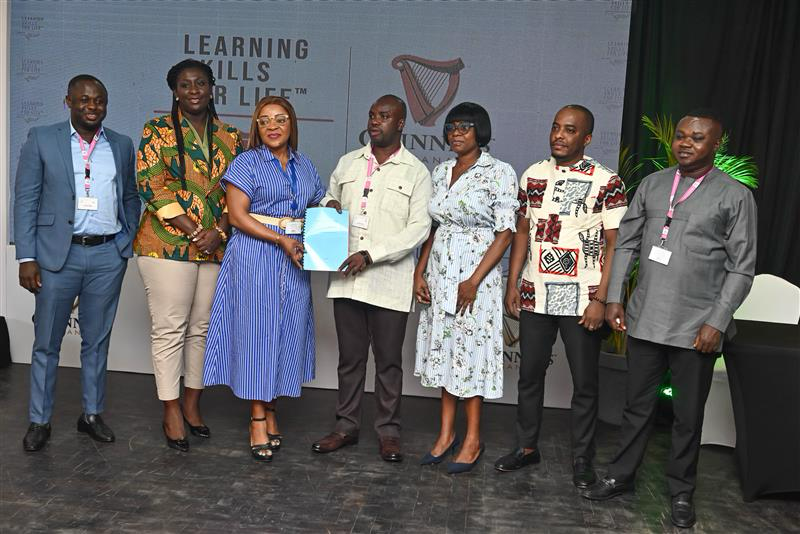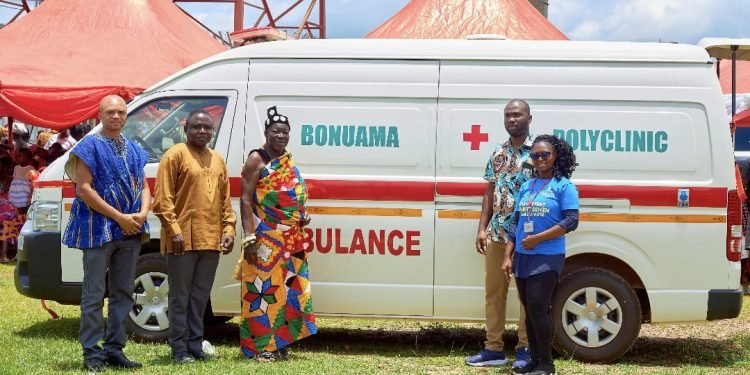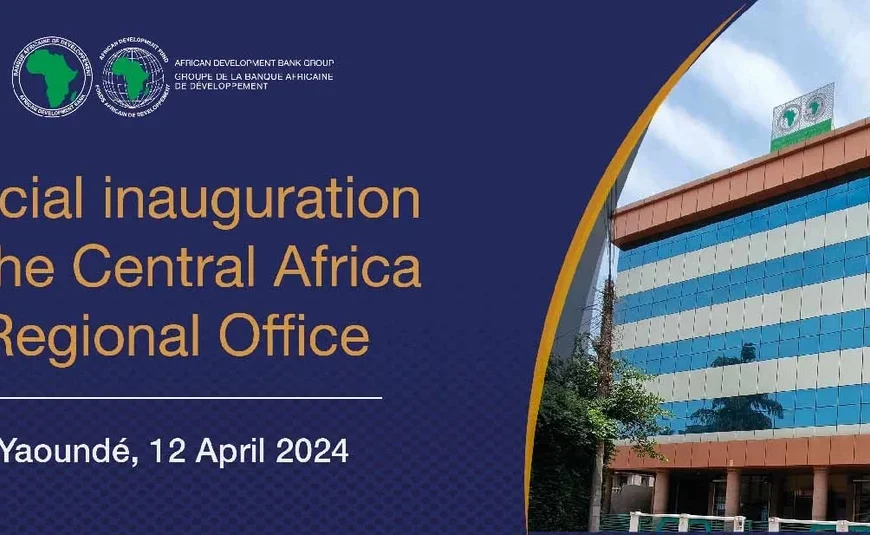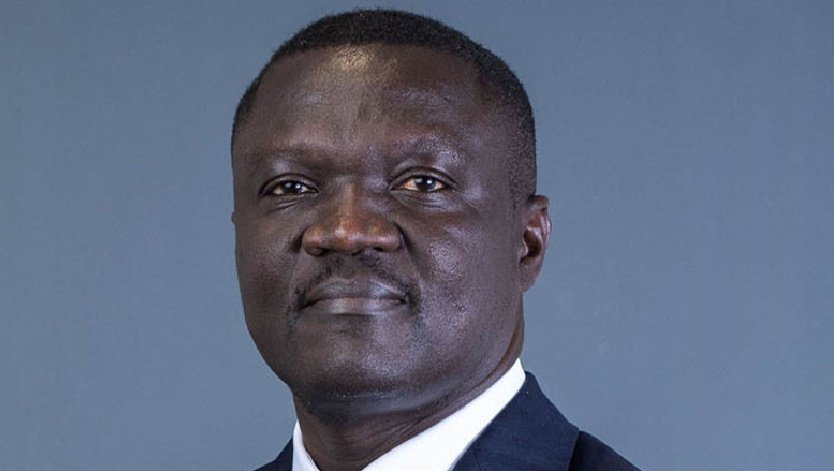
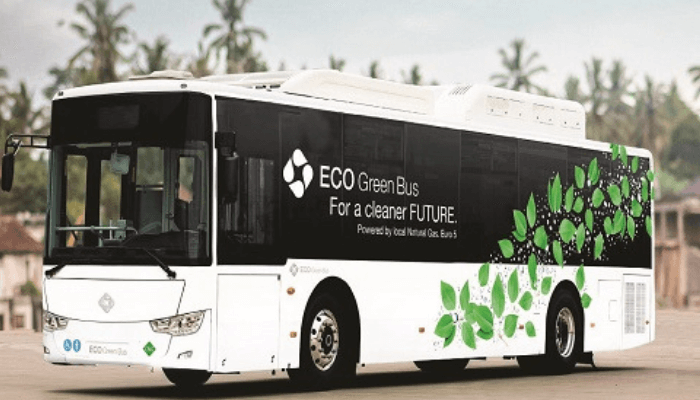
Natural gas-powered vehicles maker targets Nigerian market
Austrian Technologies Nigeria, is providing the Nigerian market with what it says are buses built with European standards for critical climate and infrastructure. The best part, perhaps, are claims it can reduce operating costs by 30 percent.
The company, which released details of its full range of ECO-Green buses, some of which are said to be in the Nigerian market, is targeting private and public transport operators in Nigeria including schools and corporate organisations.
Chief Executive Officer of Austrian Technologies Nigeria Limited, Johann Rieger said the bus range comprises 8.5 metres length (Marcopolo size) for 60 passengers; 10.5 metres for 80 passengers, 12 metres for 100 people; 12.8 metres for 110; and 18 metres accommodating 160 passengers.
The 8.5 metres long bus has a width of 2.45 metres and a height of 3.385 metres; the 10.5 metres long bus also has a width of 2.5 metres and a height of 3.418 metres, while the 12 metres long bus has a width of 2.532 metres and a height of 3.426 metres.
He noted that the company also offers the 5.4 metres (Hiace type) as well as 6.5 metres and 7.5 metres (Toyota Coaster) type buses.
According to him, the buses are the safest and most economic mass transit vehicles which could reduce carbon footprints by 95 percent and operating cost by 30 percent.
Reiger noted that the buses are equipped with engines of higher emission standards (Euro 5) with no toxic, smog or smoke, guaranteeing reduced noise and lower fuel costs.
He noted that driving with natural gas is the most environmentally friendly solution because of its numerous advantages.
Some of the unique features of an ECO-green bus are given as roof-mounted CNG cylinder with up to 500km range and gas leakage detection system; tyre pressure monitoring system; two emergency roof hatches (front/rear); fire extinguisher in driver’s cabin, automatic fire extinguishers in engine compartment; all-disc brakes with automatic slack adjuster and the ABS.
Others are speed limiter, alcohol test and driver’s fatigue detection with driver’s biometric identification, CCTV camera system that can be directly integrated into the city surveillance system; reverse camera; handicapped ramp and wheelchair area.
Rieger listed some of the technical features of the bus as electronic dashboard with extended eco-telematics system, real-time driver’s feedback on safety and economic driving and on-board video education with UNICEF support.
The buses use Etefa Raba or Yuchai CNG engines, designed and engineered by world-leading powertrain engineering group AVL in Graz, Austria.
The company is also targeting local capacity building in manufacturing the buses through extensive transfer of the technology and know-how within a short time of the entire value chain.
“Up to 70 per cent of all components of the ECO-Green buses should be manufactured or assembled locally within five years of operation including the first green engine,” Reiger said.




